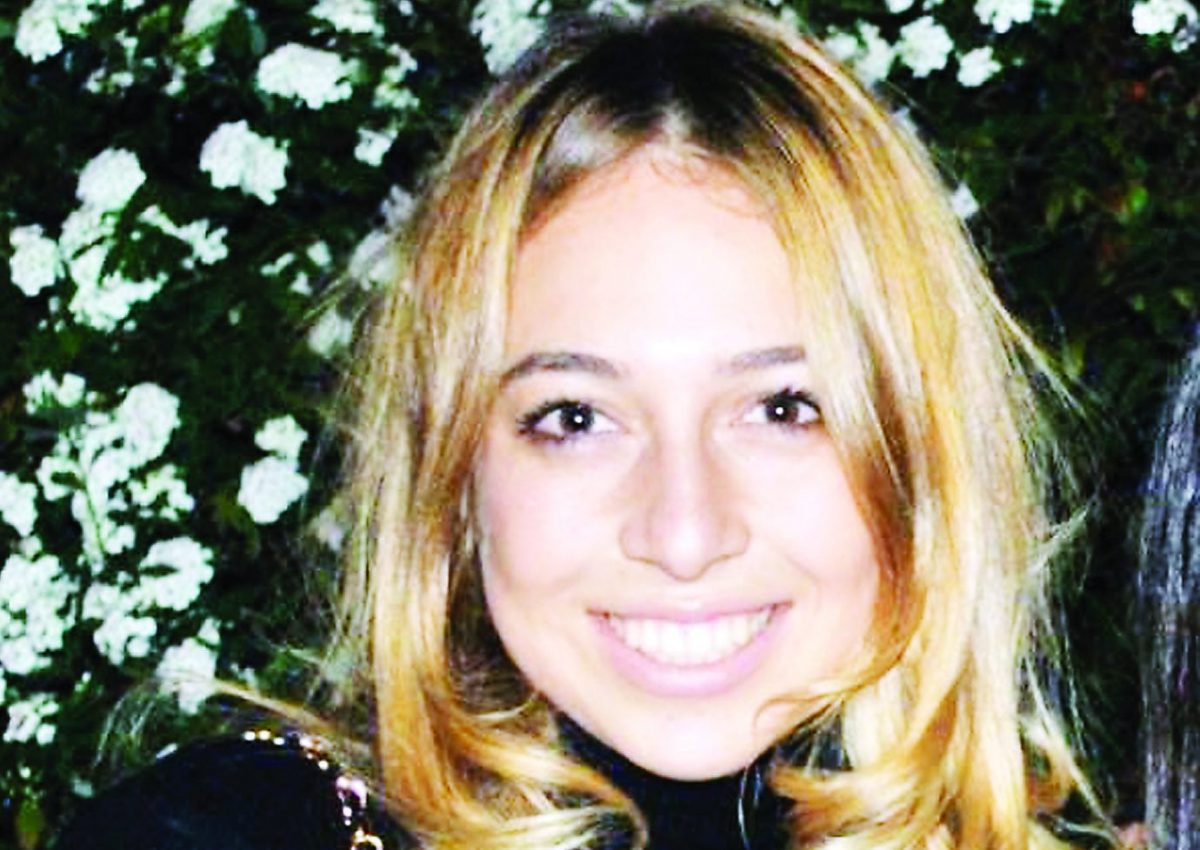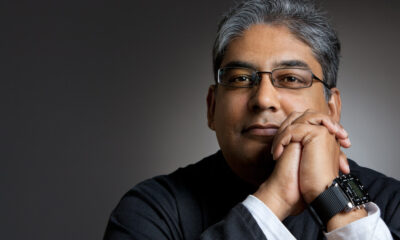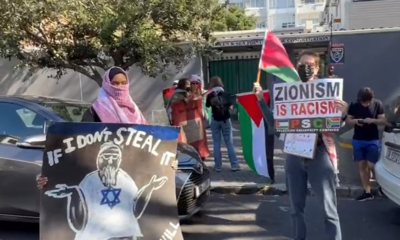
OpEds

If I am only for myself, then who am I?
In Pirkei Avot, it says, “If I am not for myself then who will be for me? If I am only for myself, then who am I? And if not now, then when?”
This is a verse that has rung true for me over the years. Growing up in South Africa, I was always confused about why we were all still living here when the country has so many problems.
About three months ago, students started coming to the Student Representative Council (SRC) offices in their numbers desperately asking for help. These were students who had passed one of the most challenging academic years, but weren’t allowed to continue their studies because they had been excluded financially.
Last year, these students passed against great odds. Many were sent home to rural areas to study a university degree while living in a one-bedroom shack. They had to set aside an hour during their exam to walk up a hill just so that they would have signal to submit their work. Many have parents who lost jobs and lost lives.
These same students aren’t being allowed to return to the University of the Witwatersrand (Wits), not on merit, but on the basis of an unfair disadvantage.
Since the beginning of time, Judaism has highlighted the importance of education. During the time of Rabbi Akiva, Jews were killed for learning Torah. From here on, it was made very clear to us as a nation that without education, one cannot survive. As a persecuted people, we were made to understand that education is something that can never be taken away from us.
But what if you were never given an opportunity to get that education in the first place?
During the apartheid era, the doors of higher education were closed to black people. Twenty-seven years down the line in a post-apartheid democracy, this reality still exists for many in our country.
While I have been privileged enough to be able to access tertiary education, many aren’t in that place of privilege.
For much of my life, I didn’t agree with protests. I thought that they were the easy way out, futile, and that a much better way of getting what you want was negotiation.
We have had two months of hour-long meetings, negotiating with the Wits administration and putting forward proposals, many interviews, and even the launch of a national fundraising campaign #21MillionIn2021. After this, I realised I was living in utopia thinking that sitting across a table would bring back these students.
We tried everything and exhausted all our options before beginning to protest. After much deliberation, we had no other option but to go to ground. It’s sad to see that our requests fell on deaf ears until the entrances of the university were peacefully blocked.
It’s frustrating that when I called the police to help a student who had been raped, they never arrived. However, when we protest, within minutes, there more police on the ground than there are students.
But the hardest thing of all is to know that there are many who don’t understand what we are doing here, and will probably never ask.
These protests aren’t about politics or trying to cause chaos. These protests are about lives. Many of these students are the first ones out of many generations in their family to be getting a tertiary education. So, when they come to the SRC offices for help, it’s because they don’t have anyone to show them what to do. They are alone, and they come to us as the SRC for help in desperate need of solutions.
Every day, I walk into the SRC office as one person and come out as another. I have heard the stories and seen the faces of these students. Each degree is a bridge for a student from a life of despair to a future of opportunity. This is a truth that I can’t unlearn, a truth that I can’t not act upon.
As Jews, we are no longer a persecuted people, but that doesn’t mean that we mustn’t fight for those persecuted around us.
As I write this article, I’m a student at Wits, but that doesn’t mean that I must stop fighting for the 6 000 students who aren’t.
I have learnt that my identity as a Jew is directly tied to my ability to protest, to demonstrate, to stand firmly for what I believe in. I have learnt that to protest, I don’t need to be violent or undignified, but rather I can protest in the way in which I feel is right.
I have learnt that my Judaism isn’t confined to shul and the parameters of my community. It’s about my feet. It’s about movement and movement building. It’s about applying my abilities as a Jew to practice tikkun olam (to repair the world) fervently in all the spaces I exist in.
We have all chosen to stay in this country, with all its problems and its opportunities. It’s time we stopped complaining about the things that are wrong, and started being the ones to change them to things that are right.
If we are going to stay in South Africa, let’s do it for a reason. I have found my reason. I’m going to do my part in bringing back these 6 000 students, and make sure that they aren’t the last ones from their families, schools, or townships to open the doors of education.
“If I’m not for myself then, who will be for me? If I’m only for myself then who am I? And if not now, then when?”
- Gabi Farber is studying a Bachelor of Arts Law and International Relations at the University of the Witwatersrand.










